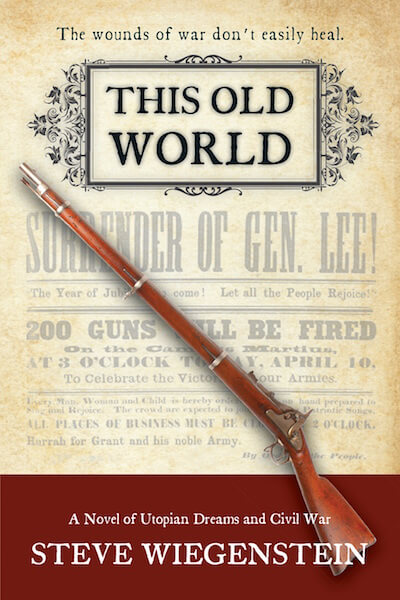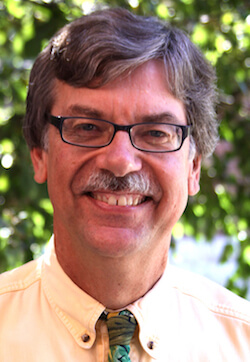
Our thanks to author Steve Wiegenstein for this guest contribution!
Like most writers, I’m a fan of my local library. It’s a great place for quiet research, leisure reading, and serendipitous discovery. But over the years, I’ve learned ways to use the library that aren’t as well-known, and I’d like to share them here.
Programming
Libraries are always in search of programming. But as you may have learned, a program described as “So-and-so will read from his new book” doesn’t always draw a crowd. I always search for a topic of broader interest than my own writing. As a historical novelist, I draw from whatever era my current book is about for topics of interest to the audience in that city or region. But even non-historical novelists can find a speaking topic with a little ingenuity. Is your main character a concert pianist? Talk about “The Four Most Famous Concerts in Literature.” Setting the story in the Mississippi Delta? Tell the patrons about the Great Flood of 1927.
Promotion
Librarians are like the rest of us. They’re pressed for time, and they juggle conflicting demands. So although they will promote your speaking date, it’s not fair to expect them to carry the entire load. And librarians talk to each other—they know who helps them put on a successful program and who doesn’t. So help out your librarian with a few simple steps:
- Prepare a brief news release about your talk, with an opening paragraph you can switch out for the particulars of time and place. In PR, they call these an “eighty-percenter”—the release is eighty percent done in advance, with only a couple of sentences that need to be written to localize. For extra brownie points, prepare three releases, one to be sent out three weeks in advance, one for two weeks in advance, and one for a week in advance. State press associations will typically have a directory of media you can use to find e-mail addresses for news releases.
- Most towns of any size will have a community radio station that specializes in local news and conversation. Like libraries, these stations also have a constant demand for programming, and they often respond well to author contacts when there’s an event coming up at their local library. But they usually schedule their guests long in advance, so contact them as soon as you know the date of your event. Anything less than a month ahead of time is unlikely to produce a positive response.
- Don’t just tell the librarian where to find reviews, publicity information, and photos on your web site; send them the material. They’re much more likely to put together a good poster or web event notice if they have the promotional items already in hand.
 Partnering
Partnering
Perhaps the best use I’ve ever made of libraries, though, is developing a partnership with them. My home state has both a statewide humanities council and a state arts council, both of which maintain a speakers’ and performers’ bureau. The humanities council, in particular, has advantages for a writer. Once my talk is registered with the council, any nonprofit organization in the state can book it for a minimal fee (libraries get an even more special rate). In turn, the humanities council pays me an honorarium plus travel expenses. So I no longer have to rely on book sales to offset the cost of travel to an out-of-area library. As a result, I’ve been able to give presentations at many rural libraries across the state, which are always grateful for the opportunity to have an author speak. It’s the proverbial win-win.
Check to see if your state has statewide or regional arts and humanities organizations. These groups are marvelous ways to promote your own work and to join in the cultural life of your region.
And one final note: whenever I visit a library, I always take a signed copy of my latest book to donate, and I send a thank-you note (the old-fashioned way) when I get home. And I’ve never been turned down for a repeat visit.
 Steve Wiegenstein is the author of Slant of Light and This Old World, historical novels set in 19th century Missouri. Follow him at stevewiegenstein.wordpress.com or at www.stevewiegenstein.com.
Steve Wiegenstein is the author of Slant of Light and This Old World, historical novels set in 19th century Missouri. Follow him at stevewiegenstein.wordpress.com or at www.stevewiegenstein.com.
